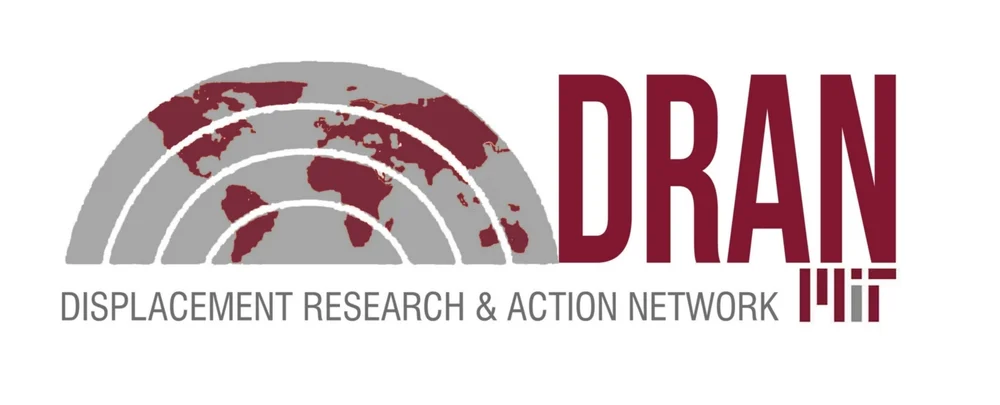the Global Land Rush: Markets, Rights, and the Politics of Food
December 5th, 2014
Smita Narula
In the past six years, interest in purchasing and leasing agricultural land in the Global South has skyrocketed. Although reliable measurements are difficult to obtain, many sources agree that the amount of land being targeted for purchase or lease is dramatic, with estimates ranging in the tens of millions of hectares.
This trend, which was facilitated by the twin food and financial crises of 2008, is being led by state and private investors, both domestic and foreign. In some cases, investments are to produce food commodities for the global market, while other investments are to produce biofuels. In still other cases, entities invest for purely speculative reasons.
The World Bank Group has helped facilitate large-scale land transfers by actively supporting the creation of investment-friendly climates and land markets in developing countries. This global drive to invest in agricultural land is justified, in part, with reference to the need to ensure economic development in host countries, as well as the need to double food production by 2050 to meet the demands of a growing world population. Greater food yields, it is argued, can only be assured if “available” or “underutilized” land is first identified and then transferred to the most “efficient” or competitive producer. The underlying assumption in this market-oriented productivist approach is that bigger is better, more efficient, and more productive.
These assumptions, and the large-scale land transfers that flow therefrom, have already proved deeply problematic for rural communities in host countries. A growing body of evidence reveals that many large-scale land investments are not servicing the goals of economic developmentand may in fact be jeopardizing the rights of host populations, including their food security. Land transfers are taking place in countries already suffering from acute poverty, food insecurity, and water shortages, and in environments that lack oversight and regulation.
Deals often lack transparency, disregard land users’ rights, and are concluded without meaningful consultation with affected communities. These factors increase the risk of serious human rights violations for host populations, further marginalizing already vulnerable groups—small-scale farmers, pastoralists, indigenous peoples, and artisanal fishers—who are being displaced from their land and essential resources in order to make way for large-scale, corporate agriculture.
In the midst of it all, resistance strategies and bottom-up initiatives are emerging to contest the global rush for agricultural land. Food sovereignty and peasants’ rights movements are building and connecting across the globe, fueled by the simple yet profound demand that the people who produce, distribute and consume food should be placed at the center of food systems and related land policies—rather than markets and corporations. Using the language of human rights, these movements present a formidable challenge to the prevailing market paradigm, which reduces food security to a production problem (as opposed to a problem of access or distribution) and offers large-scale land transfers and industrialized agricultural production as the solution.
A rights-based approach suggests a different scale of inquiry. Rather than asking, “How do we feed the world?” it asks: How do we support the capacity of individuals and communities to feed themselves in a sustainable, dignified, and equitable manner? The answer, at least in part, is to support agrarian policies that favor agro-ecological practices and small-scale farming, including redistributive reforms that facilitate more equitable access to land.
In other words, we must return the land to small farmers.
These measures can enhance food security based on the simple reason that a majority of the more than 800 million people hungry in the world today depend on small-scale agriculture. Small-scale farmers are hungry because they do not receive a fair price for their crops and because they cultivate plots of lands that are often very small, making the vast majority of them net food buyers. Despite being squeezed out of land and resources, small-scale farmers produce the majority of the world’s food. As noted by GRAIN, small farms help feed the planet because instead of producing commodities for the global market, they prioritize food production and focus on local and national markets, as well as their own families. As such, what they produce reaches “those who need it most: the rural and urban poor.”
These measures can also help increase food production. Studies have shown that with proper supports, small-scale agro-ecological farming practices can significantly improve yields. These practices are also more resource efficient in that they manage agricultural resources in a far more sustainable manner. Finally, agrarian reforms that support small-scale farming and more equitable land distribution provide important opportunities for the empowerment of women. Although women make up the majority of small farmers, they own less than 1% of land and facesevere constraints in accessing credit and other resources.
U.N. experts, civil society groups, and peasants’ movements have all helped bring the benefits of sustainable small-scale farming practices and more equitable land distribution to the forefront of global discussions on land tenure, food security, and food production. Yet these principles have yet to meaningfully inform the practice of international financial institutions. As the U.N. International Year of Family Farmingcomes to a close, the time is ripe to turn principles into action. The development of land markets and the facilitation of large-scale land transfers can no longer remain the default policy option. Instead, we need to prioritize development models that do not lead to evictions and increased land concentration. And we need to insist on strategies that strengthen—rather than undermine—people’s access to land and resources that are essential to their survival. These measures can help ensure the right to food today, and can help safeguard this right for future generations.
Smita Narula is a Fellow at the Roosevelt House Public Policy Institute at Hunter College and former advisor to the U.N. Special Rapporteur on the Right to Food. For a more detailed analysis of the issues discussed above, see Narula’s article in the Stanford Journal of International Law.
